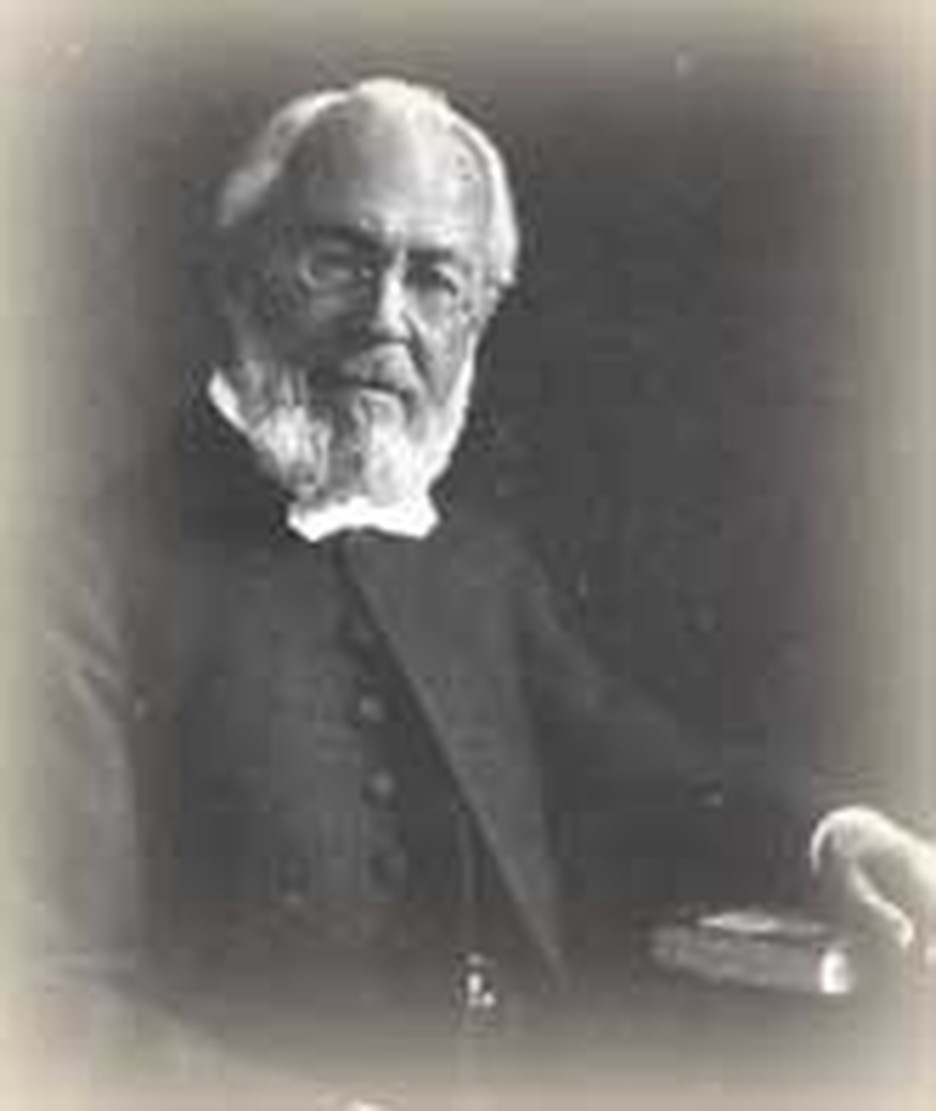
Charles Henry Parkhurst came into the world on this date April 17, 1842. A country lad, he was raised on an isolated farm. Not until he was twelve did he attend public school. Despite this, his proclivity was for study. In his long life, he would teach, preach and write a good deal. But not for any of these things did he become famous.
At sixteen he worked for a grocer, a job he detested. He left it to enter college and became principal of Amherst High School. Eventually he studied overseas and upon his return was called as minister of a Congregational Church. A few years later, Madison Square Presbyterian Church invited him to their New York pulpit and the stage was set for his fame. For twelve years he preached: solid, puritanical sermons. But on February 14, 1892, he wakened both city and nation. On that day he challenged Tammany Hall.
Tammany Hall had begun innocently enough as a club, but had drifted into politics and graft. It acquired a lock on elections in the city, and its bosses protected every kind of crime and money-making vice in Manhattan and surrounding boroughs. Grand jury investigations got nowhere with it. The appeals of moral reformers went unheard. Few in Parkhurst's chic audience knew what went on in the dives of the city. They did not realize that Tammany Hall, the police, and organized crime were interconnected.
Parkhurst determined to let them know. Harpies, he thundered, were feeding on the city's quivering vitals while pretending to protect it. "While we fight iniquity, they shield and patronize it; while we try to convert criminals, they manufacture them..."
The grand jury called him in. Did he have hard evidence? Parkhurst realized that without times and dates he could make no impact. He made up his mind to get them, and get them first hand so he could testify authoritatively.
The country-born boy hired a private detective. Accompanied by another volunteer, John Erving, he penetrated the low life. The detective cleverly disguised both men as country hicks. He then led them through seedy haunts where girls danced nude, children bought pints of whiskey for a dime, and male prostitutes plied their trade. Parkhurst fled from that last place. To play out his role without arousing suspicion, the teetotaler minister was compelled more than once to sip a drink.
When he stood in the pulpit a month later, on March 13, 1892, the country boy proved that he was as wise as any city slicker; he preached a sermon backed with affidavits. This time he had solid evidence to present to the grand jury. Tammany cleaned up its act a little, but, in spite of the evidence, was not brought down for many more years. On this date April 17, 1932, Parkhurst again denounced Tammany. A year later he died, sleepwalking off a roof.
Bibliography:
- Parkhurst, Charles Henry. My Forty Years in New York. New York: Macmillan, 1923.
- "Parkhurst, Charles." Dictionary of American Biography. New York: Scribner, 1958 - 1964.
Last updated April, 2007.



